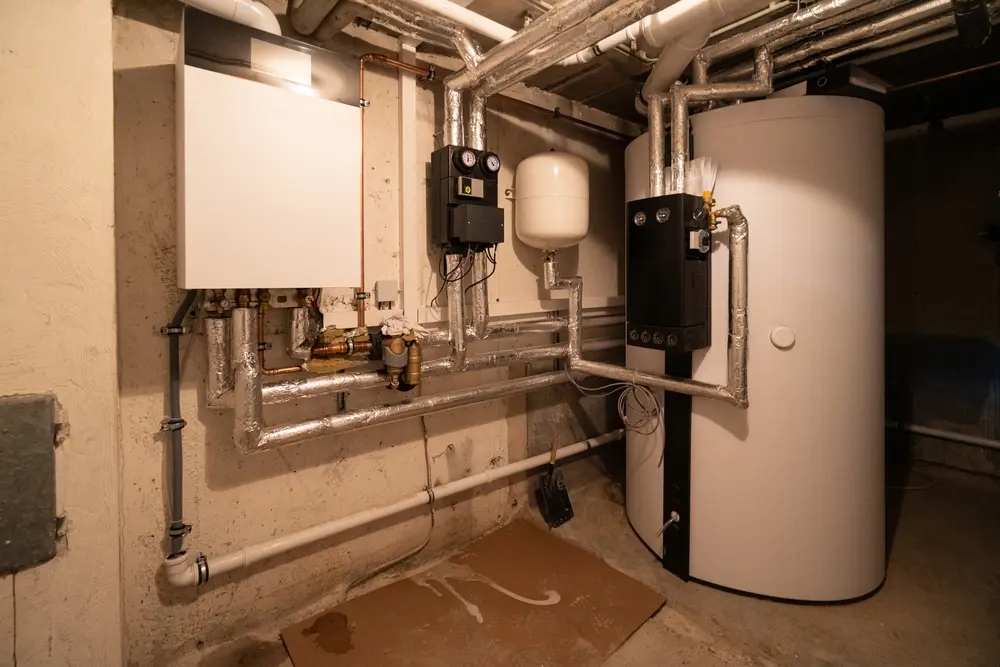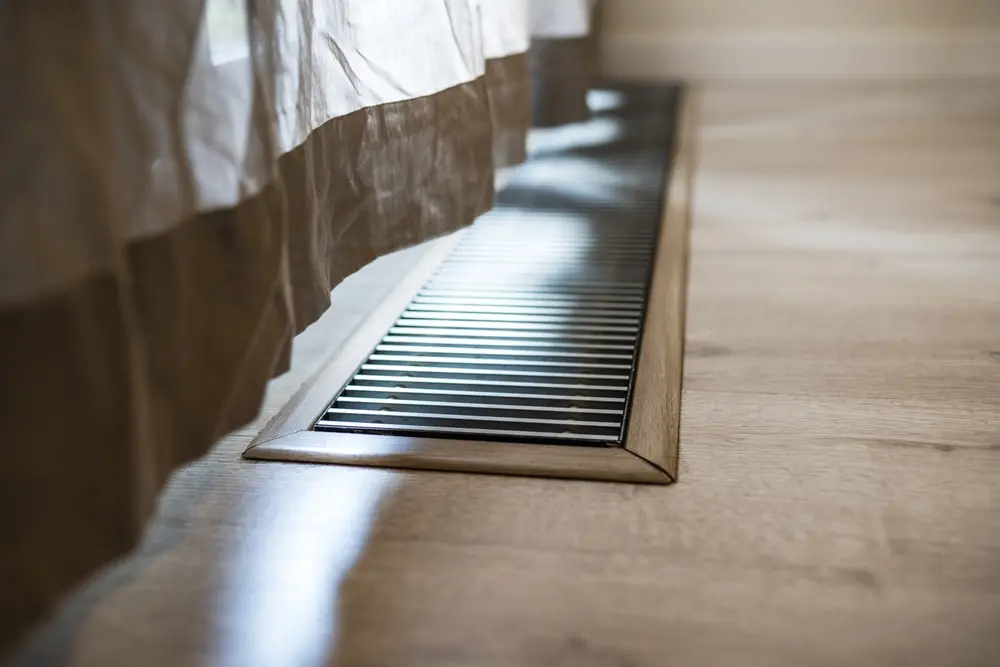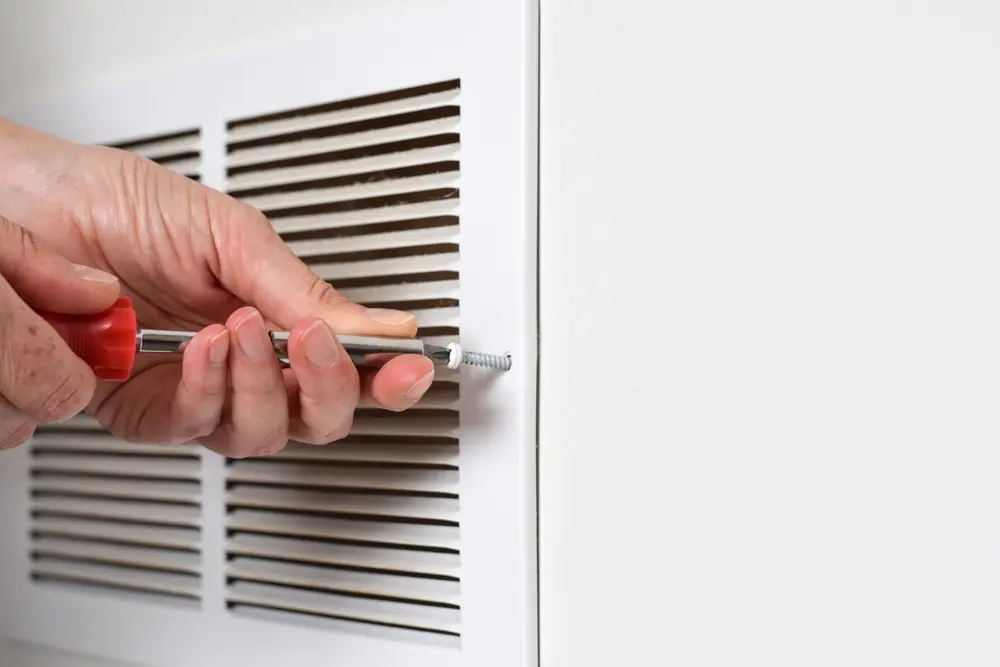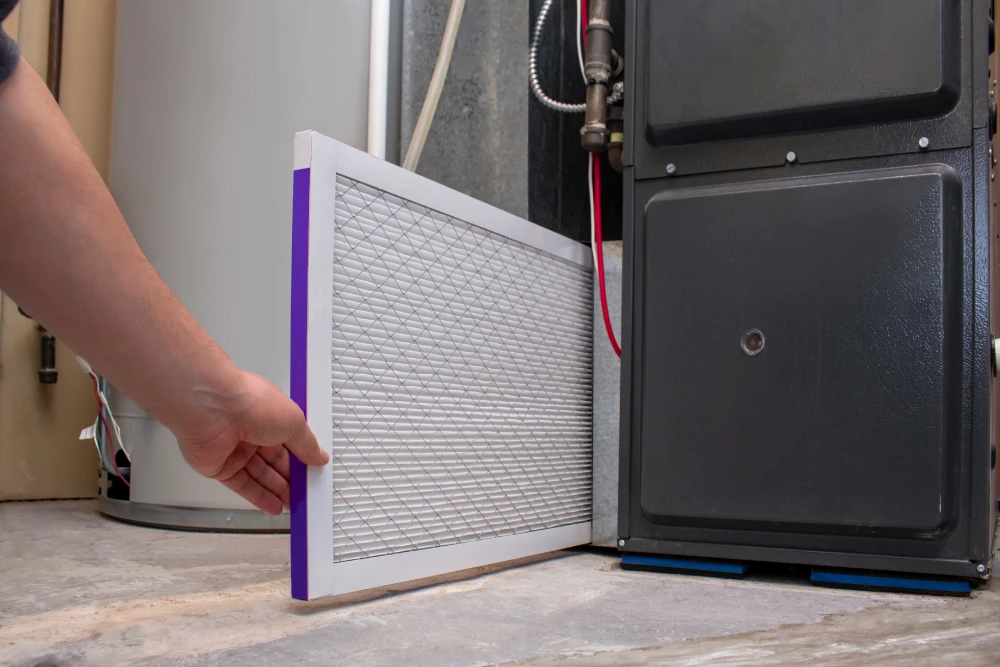TL;DR: Choosing between a heat pump vs furnace depends on your home’s climate and efficiency goals. Heat pumps save energy year-round, while furnaces provide stronger heat in cold weather. Rick’s Affordable Heating offers expert guidance and heat pump service to help you choose the best option.
- Heat pumps = efficiency
- Furnaces = power
- Dual-fuel = both
- Expert heat pump service
When it comes to heating your home efficiently and affordably, you’ve probably asked yourself the question: heat pump vs furnace—which one’s right for you? Both systems can keep your home warm through Ohio’s chilly winters, but they work in very different ways.
Understanding how each one operates and what type of performance you can expect will help you make a confident choice.
How a Furnace Works
A furnace creates heat by burning fuel or using electricity, while a gas furnace uses natural gas to produce hot air, which pushes through your home’s ductwork. This provides strong and steady heat, regardless of the outside temperature, making it a good option for areas with long, freezing winters.
An electric furnace works differently. Instead of combustion, it uses electric resistance coils to generate heat. While electric furnaces can last a long time and require less maintenance than gas models, they often cost more to operate in regions where electricity rates are higher.
How a Heat Pump Works
During winter, a heat pump pulls heat from the outdoor air and transfers it inside. In the summer, the process reverses to cool your home. Since it moves heat instead of generating it, a heat pump is typically more energy efficient than a furnace.
The question many homeowners ask is, “Is a heat pump better than a furnace?” That depends on your climate and comfort needs. In moderate climates, a heat pump can be the more efficient option year-round. But in places with harsh winters, it might need backup heating when temperatures drop too low.
That’s why many homes use a heat pump and gas furnace combination, known as a dual-fuel system—it automatically switches between the two to maintain comfort and efficiency.

Heat Pump vs Furnace: Which Should You Choose?
When comparing furnace vs heat pump, think about long-term savings, maintenance, and how cold your winters get. A heat pump vs electric furnace debate usually favors the heat pump because it’s more efficient. Yet for extreme cold, a gas furnace may deliver the consistent warmth you want.
If you’re comparing a heat pump vs a gas furnace, the main difference comes down to efficiency and operating cost. A heat pump can save more on energy bills in mild climates, while a gas furnace performs better in freezing temperatures where a heat pump struggles to extract enough outdoor heat.
If you’re unsure which system fits your home best, talk to a local HVAC expert. At Rick’s Affordable Heating, we offer heat pump services and furnace installations to help you find the most efficient setup for your comfort and budget.
Heat Pump vs Furnace FAQs
Do furnaces last longer than heat pumps?
Furnaces usually last longer than heat pumps, lasting around 15 to 20 years. On the other hand, heat pumps last around 10 to 15 years, because they’re used throughout the entire year for heating and cooling.
Can a heat pump replace a furnace?
In many homes, a heat pump can completely replace a furnace. But in colder regions like Ohio, you may still want to have a backup heat source for extreme temperatures.
Do I need both a furnace and a heat pump?
You won’t always need both, but a dual-fuel system that combines both can make it even more efficient and comfortable, automatically switching between systems as needed.
Final Thoughts
Choosing between a heat pump or furnace isn’t going to be the same solution for everyone. A heat pump is efficient and offers year-round climate control, while a furnace gives you powerful heat in freezing weather.
The best choice depends on your home’s insulation, your energy costs, and your comfort preferences. For honest advice and dependable installation, contact us at Rick’s Affordable Heating to find the right system for your needs.





